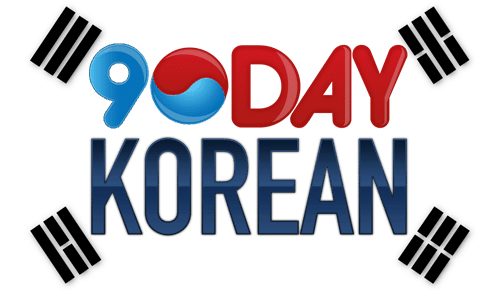We all like to know the answer to questions. It makes us feel helpful, knowledgeable, and in control.
However, there will always be times when we don’t know the answer to something. In those cases, it’s best to tell the truth and say, “I don’t know”. The other person will respect your honesty!
Today, we will explain how to say, “I don’t know” in Korean.
On your marks, get set, go!
*Can’t read Korean yet? Click here to learn for free in about 60 minutes!
Root Verb for ‘I Don’t Know’
There are two verbs we’re going to compare today. They are opposites: One is quite knowledgeable, and one is a bit ignorant.
Ready to meet them?
The first verb is our knowledgeable friend알다 (al-da), which means ‘to know’. The second verb is our bumbling buddy, 모르다 (mo-ruh-da), which means ‘to not know’.
Although we always like to look on the bright side, we’re going to mostly be focusing on 모르다. However, it’s always good to know about the existence of 모르다’s smarty-pants counterpart!
Let’s get better acquainted with 모르다.
Formal ‘I Don’t Know’ in Korean
Now we know the verbs that we need to use, we can look at how these verbs are conjugated depending on the level of formality that we are using. We will start with the most formal:
1. 잘 모르겠습니다 (jal mo-ruh-gess-sum-ni-da)
2. 잘 모릅니다 (jal mo-rum-ni-da)
These two expressions use the formal ending -ㅂ니다. This usually is used when speaking to an unknown audience or if you are required to be very formal.
The two above expressions are interchangeable. The 겠 part of the first expression appears in lots of phrases. It shows that the speaker is intending to do something or is making some kind of assumption. It also appears in some fixed expressions, especially related to the verbs ‘to know’ and ‘to not know’.
잘 means ‘well’, so effectively you are saying ‘I don’t know well’.
Standard ‘I Don’t Know’ in Korean
1. 몰라요 (mollayo)
2. 잘 몰라요 (jal mollayo)
3. 잘 모르겠어요 (jal mo-ruh-gess-eo-yo)
모르다 is an irregular verb of the ‘르’ variety.
Other verbs and adjectives that follow this pattern include 빠르다 (to be fast), 다르다 (to be different), 부르다 (to call), and 마르다 (to be dry) among others. When conjugating such a verb, an extra ㄹ appears in the word and the “ㅡ” changes to either “ㅏ” or “ㅓ” depending on the vowel in front of it.
You can use the three regular ways of saying ‘I don’t know’ in Korean interchangeably. However, the ‘잘’ sounds a little bit more polite. Usually this verb is used to answer questions that include either 알다 or 모르다 in them.
For example:
Q: 김 선생님 알아요? (Do you know Mr. Kim?)
A: 몰라요. (No, I don’t)
You don’t have to say ‘no’ in your answer. It is already implied by the verb ‘I don’t know’.
Informal ‘I Don’t Know’ in Korean
1. 몰라 (mollah)
2. 모르겠어 (mo-ruh-gess-eo)
When speaking with close friends, you’ll often use informal Korean. It’s more comfortable, simpler, and helps you develop a closer relationship with the other speaker.
When saying the informal version of ‘I don’t know’, this is the same as the standard Korean form but without the ‘요’.
Hopefully this lesson has given you a better understanding of how to say ‘I don’t know’ in Korean.
Soon you’ll be turning 몰라요 into 알아요!
 Learn to read Korean and be having simple conversations, taking taxis and ordering in Korean within a week with our FREE Hangeul Hacks series: http://www.90DayKorean.com/learn
Learn to read Korean and be having simple conversations, taking taxis and ordering in Korean within a week with our FREE Hangeul Hacks series: http://www.90DayKorean.com/learn
Korean lessons * Korean Phrases * Korean Vocabulary * Learn Korean * Learn Korean alphabet * Learn Korean fast * Motivation * Study Korean


Recent comments